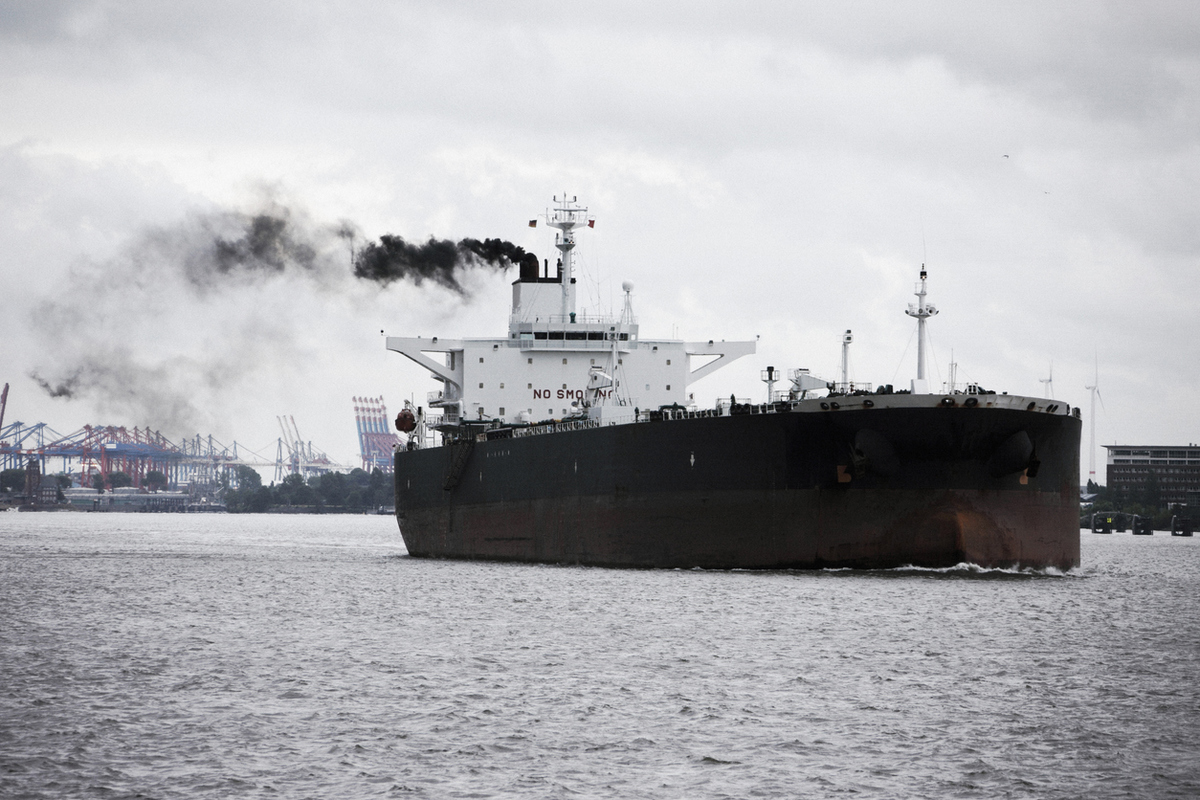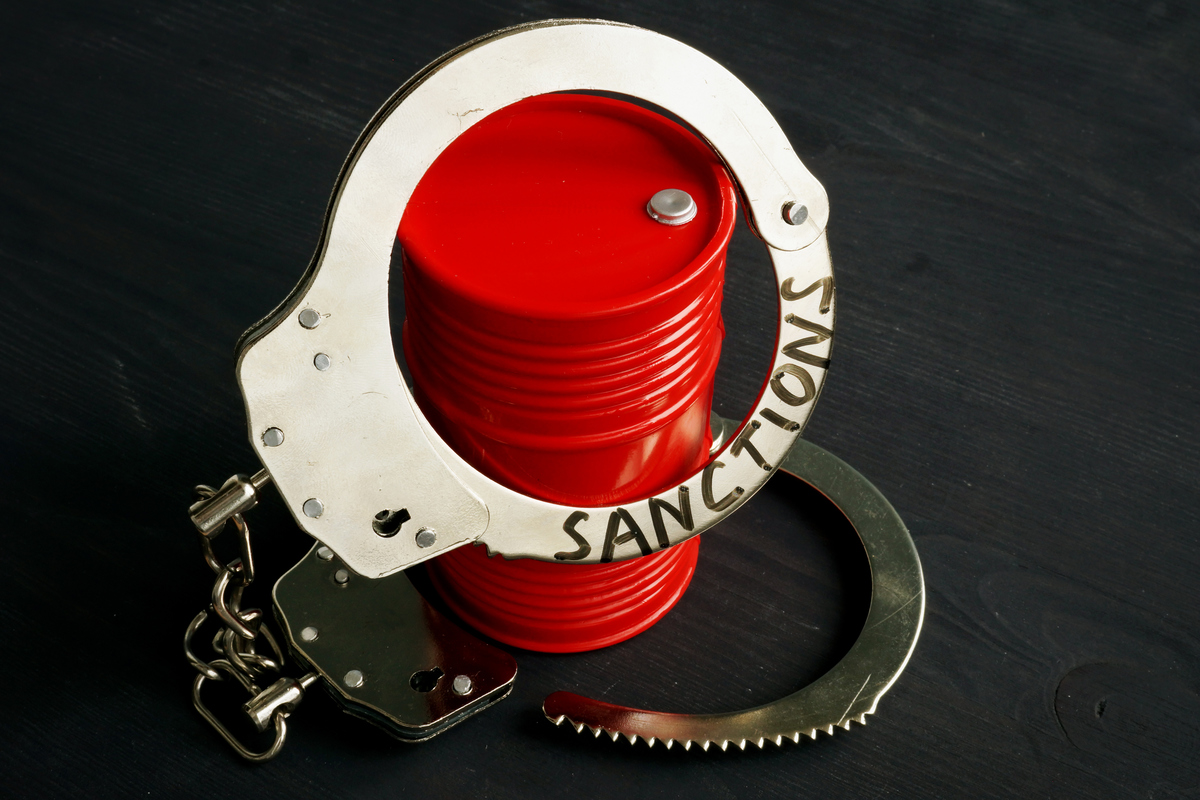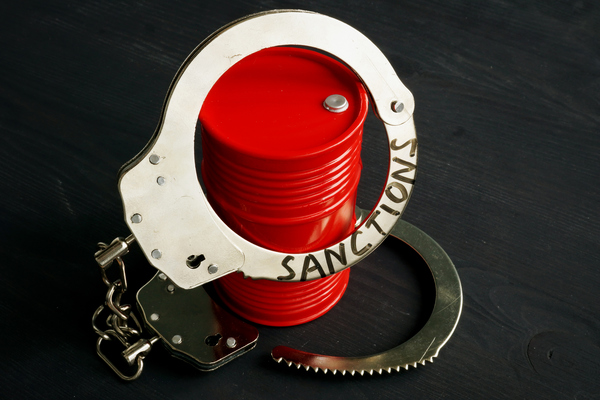MEPC 80: Revised GHG strategy prompts shipping to act now - LR
The IMO’s revised greenhouse gas (GHG) strategy is a “significant step change” that sends a clear signal to the shipping industry to get on a "path to decarbonisation,” Lloyd’s Register’s lead regulatory specialist Jennifer Riley-James says.
 PHOTO: Oil tanker with smoke trail. Getty Images
PHOTO: Oil tanker with smoke trail. Getty Images
The IMO’s Marine Environment Protection Committee (MEPC) adopted a new GHG strategy last Friday with the ambition of achieving net zero GHG emissions "by or around" 2050. The revised strategy also includes a 20% reduction in GHG emissions by 2030 (striving for 30%), and 70% cuts by 2040 (striving for 80%).
“The strategy does not make mandatory requirements at the ship level, but it sets higher level targets across the shipping industry,” James said at a webinar organised by classification society Lloyd’s Register (LR) today.
A basket of technical and economic measures to speed up GHG cuts will likely to come into force in 2027, and the IMO's overall GHG strategy is set to be reviewed in 2028. The aim is to increase the strength and ambition of the GHG strategy, she said. “The key message for them [shipowners] is to start thinking and start taking actions today," she said.
The IMO has also adopted interim guidelines on the use of biofuels. These guidelines require biofuels to be certified with well-to-wake GHG emissions reduction of at least 65% compared to the well-to-wake emissions of fossil MGO. These are expected to be developed further under the Guidelines on Life Cycle GHG Intensity of Marine Fuels (LCA Guidelines), James said.
These guidelines will play a key role in ensuring a “strong uptake of biofuels in the short and medium term to assist with compliance and achieving a [higher] CII rating.”
CII is a measure to evaluate a ship’s fuel efficiency. It is expressed in grams of CO2 emitted per mt of cargo and nautical mile. The ship is then rated every year from A to E (A being the highest), and the rating criteria is expected to become stricter by 2030.
The IMO also advanced discussions on the use of onboard carbon capture technology, which will be up for debate again at MEPC 81 in April next year.
“A lot of pre-work needs to be done in carbon capture and storage (CCS),” Lloyd's Register’s business consultancy director James Frew said. Its feasibility can vary depending on the size of the vessel along with other factors, Frew said.
By Shilpa Sharma
Please get in touch with comments or additional info to news@engine.online






